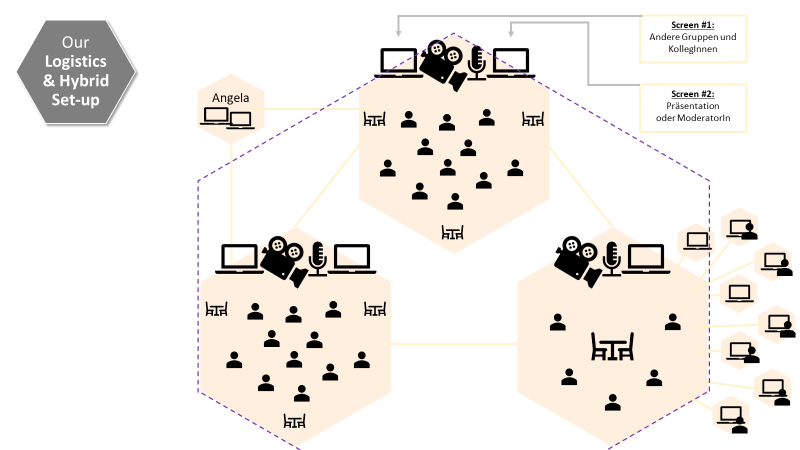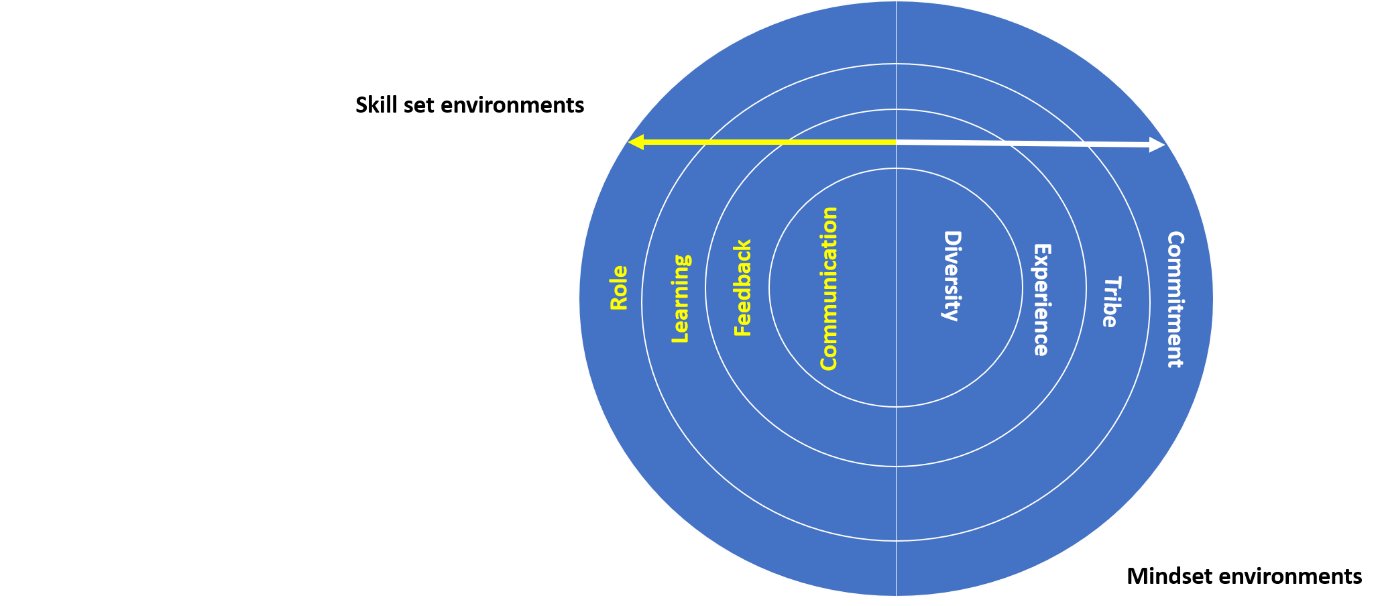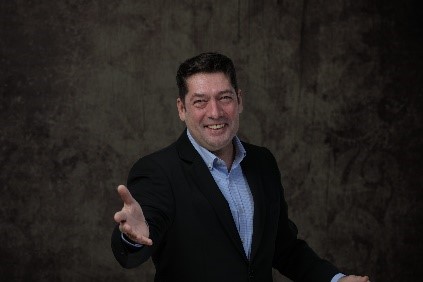Nevertheless, the interpersonal relationship is still the focus of the coaching – in all possible forms. Of course, that has a lot to do with communication, whose challenge has increased with the complex systems, we live and work in. People no longer work alone, isolated in their personal “silos”. There is always a connection with partners, not only within the company but also on the outside. This is the reason why everything about cooperation is one of the most important topics during coaching.
Equal to the interpersonal challenges is the time, we currently live in, and all the challenges it brings. Complexity, overextension, the flood of information, aggressive competition, and constant disruption are just a few keywords. So many things are happening at once nowadays. As a leader, you must make sure that your business is running. At the same time, you must be aware of the changes which might come. The speed of change is enormous. Not too long ago, people were starting to talk about VUCA – now it’s here!
When working on a senior level, the question of meaning is central and more present than ever. People are wondering and asking themselves if their work really adds value to the world. “If my life comes to an end, will I be satisfied with what I did in my life?”
Coaching in times of disruption – a conclusion
We all come from areas where it is said over and over again “This is the agenda.” Based on this agenda, things get told, questions asked and on certain actions will be agreed on. But we all know that many of these actions are never put into practice – whether in a meeting or a leadership program. Now, when we think about what makes coaching meaningful and successful, it’s the following: the moment you take part in coaching, something must happen. We must change our mindset from “I am asking a few questions” to “I am doing interventions right now!” Such an intervention does not have to be big, it can be – for instance – just a sentence that triggers something in the coachee. What’s important is that something is happening and that you try to make a difference in this exact moment.
As long as this happens, as long as coaching creates impact, it will persist – still in times of AI – but at a different level with higher quality.




















